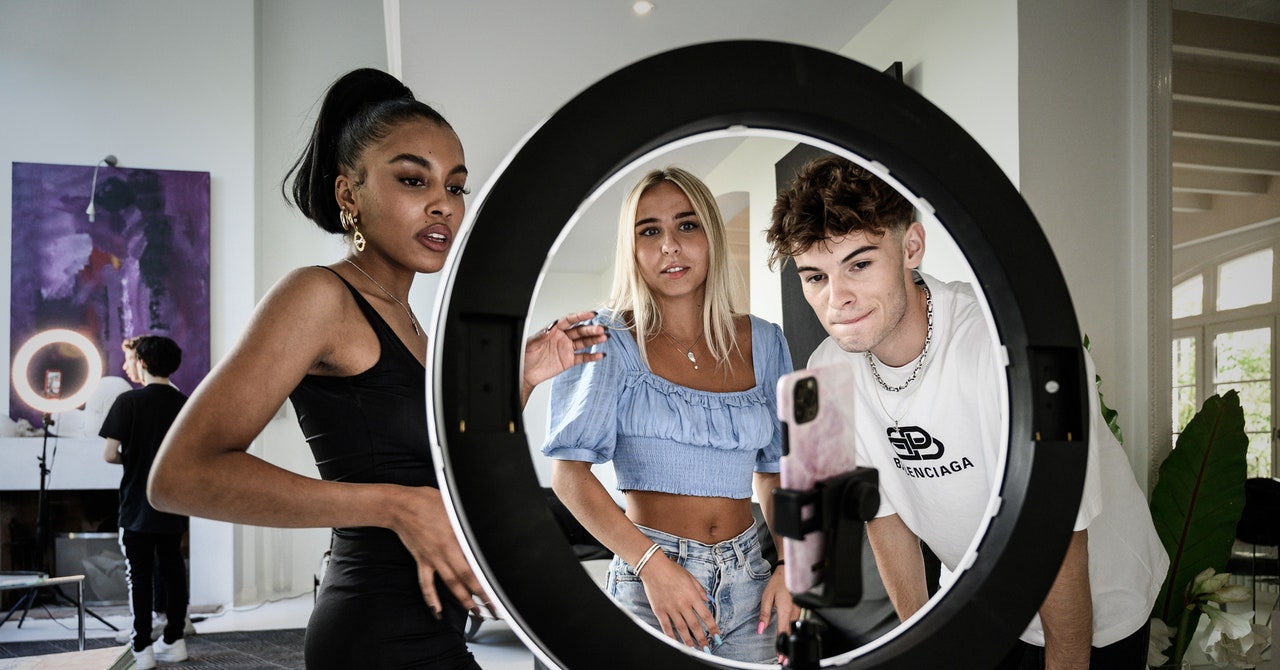TikTok’s Next Big Move? To Become Facebook

The way ByteDance does that could be by following in the footsteps of Facebook. After establishing a key base through its core app in the early 2000s, the tech giant, now called Meta, expanded its ecosystem through acquisitions of WhatsApp and Instagram, as well as by becoming a single sign-in source for other services. It insinuated itself into all aspects of users’ lives online. “ByteDance’s overseas layout is not only limited to the short video industry, but also includes some upstream news and music platforms,” says Ashley Dudarenok, a China marketing expert and founder of digital marketing agencies Alarice and ChoZan. “ByteDance has great ambitions for the overseas markets, and its competition with Facebook has become more apparent.”
ByteDance has already managed to grow this way in China to a certain extent, says Arnold Ma, CEO of Qumin, a China-focused digital marketing agency. “There’s basically a fully integrated content journey for users, whether they’re just looking to discover content or seeking information in an encyclopedic way,” he says. “Them splitting out a little more is creating a more diverse and segmented business model.”
“Being global has always been their ambition,” says Rui Ma, founder of Tech Buzz China, a community of investors and operators in Chinese tech. “A lot of entrepreneurs in China of [Zhang] Yiming’s generation made it their mission to build a global company.” And by global, Chinese entrepreneurs usually mean more than 50 percent of their revenue comes from outside China. Currently, ByteDance’s Chinese apps—key among them Douyin and Toutiao, a news aggregator app—make up the majority of its revenue. But that could change as ByteDance tries to more explicitly cash in on its billion-strong TikTok user base by introducing ecommerce and bumping up ad revenue from the app.
If you look carefully, you can already see the seeds of a plan to build on TikTok’s success outside China and develop a broader business around ByteDance and its core product. Despite appearances, that’s not actually TikTok or Douyin, but the algorithmic engine that powers all of its apps. “Because of the nature of the company—that is, it’s an AI company at the core—they can do so much,” says Ouwehand.
When ByteDance first launched TikTok outside China, it sought to try and build a base for the app in southeast Asian countries like Indonesia, Japan, and Thailand. The company then moved on to developing countries including India, where TikTok gained more than 200 million monthly active users before it was banned in June 2020 by the Indian government as part of a geopolitical dispute, and Indonesia, where TikTok had 44 million users by mid-2020, according to internal data. Brazil too is a key market for the video sharing app, with some third-party estimates placing it as TikTok’s second-biggest global market. It’s not coincidental that the three testbeds for Resso, ByteDance’s Spotify-like music streaming service launched in 2020, are Indonesia, India, and Brazil. Resso now has more than 40 million users split between the three countries, and has eyes on greater expansion.
